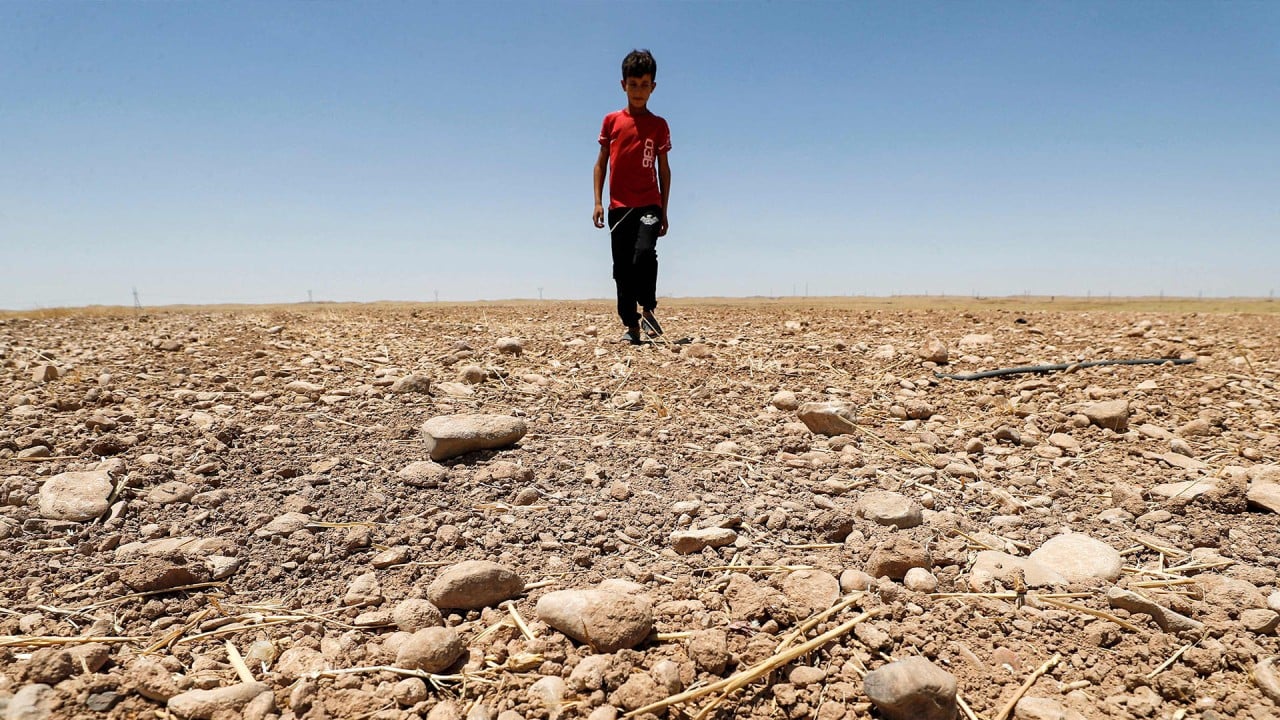
G20 countries’ policies make it difficult to attract green investment needed to tackle climate change, report warns
- UK and European Union are the most attractive destinations for green investment, while Russia and Saudi Arabia are among the least attractive
- The G20 countries account for 80 per cent of global greenhouse gas emissions and more than 80 per cent of global GDP
The United Kingdom and European Union are the most attractive destinations for green investment, but substantial improvements can still be made, the report showed. It also found that Argentina, Australia, China, India, Indonesia, Mexico, Russia and Saudi Arabia are among the least attractive countries for green investment in the G20.
“Investors understand that climate risk is investment risk,” said Rebecca Mikula-Wright, chief executive at AIGCC. “Across Asia, Australia and New Zealand, we are urging governments to step up and commit to clear and strong climate policies that will unlock the capital needed to transition to a net-zero economy.”

02:13
More droughts and floods expected, billions of people to face insufficient access to water
The findings are significant as G20 countries account for 80 per cent of global greenhouse gas emissions and more than 80 per cent of global gross domestic product.
AIGCC, Ceres and IGCC together with Carbon Disclosure Project, the Institutional Investors Group on Climate Change, Principles for Responsible Investment and United Nations Environment Programme Finance Initiative have founded The Investor Agenda – a common leadership agenda on climate crisis focused on accelerating investor action for a net-zero emissions economy.
The report measured G20 countries’ progress towards the five policy recommendations in The Investor Agenda’s statement to governments on the climate crisis and collated analyses from independent sources including Climate Action Tracker and Bloomberg NEF to grade G20 countries on their green investment environments.
The Investor Agenda’s statement, signed by 587 investors representing over US$46 trillion in assets – urged governments to undertake five priority actions before COP26 to limit global warming to 1.5 degrees Celsius. This includes incentivising private investments in zero-emission solutions and committing to implementing mandatory climate risk disclosure requirements aligned with the Task Force on Climate-related Financial Disclosures (TCFD) recommendations.
Countries considered “green” have 2030 targets and policies consistent with 1.5 degrees or less of warming. The UK is the only G20 country whose 2030 target is consistent with 1.5 degrees of warming. More than half of G20 countries, including China, have targets and policies consistent with more than two degrees of warming.
On net-zero emissions, the report said that seven G20 countries, including Indonesia and Australia, have not committed to net zero. And on the implementation and delivery of net-zero targets, apart from the EU, all of the other G20 countries that have committed to a net-zero target are considered “insufficient”.
On mandatory climate risk disclosure to ensure climate risk is effectively managed, only the UK and EU have committed to mandatory TCFD-aligned disclosure, the report shows. Other countries including China have no policy encouraging or enforcing TCFD reporting and investors are not required to report climate risk.
“Ambitious climate policies are critical market signals for investors around the world,” said Mindy Lubber, CEO at Ceres and current chair of The Investor Agenda. “With the right policy signals for robust economic transition pathways, investors will make large and necessary investments now. Our government leaders must do better to put the right policy settings in place. Those that do will benefit the most.”

